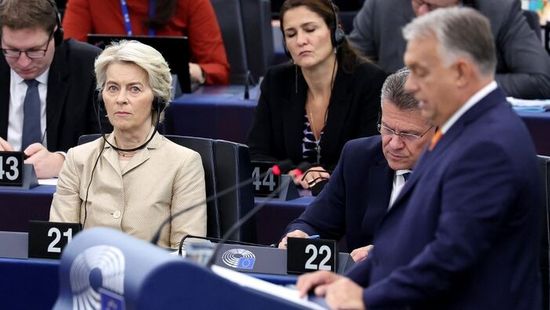„In 2007 Jamaicans voted the People's National Party, which had ruled for 18 years, out of office. They elected instead the Jamaica Labour Party led by Bruce Golding, a cerebral, articulate man who, however, lacked deep reservoirs of popular support. Given the state of the economy, Golding moved into Jamaica House -- the prime minister's office complex -- with about the shortest menu of options for fixing the country's problems that one could imagine. When the global financial crisis hit shortly thereafter, it became even shorter.
Whereas other countries tried to right their economies by rescuing the faltering financial industries with infusions of capital, Jamaica, lacking capital of any kind, did not have that option. Instead, it negotiated a debt-exchange agreement with its bankers, which were supported by the International Monetary Fund. In return, the IMF demanded a program of fiscal austerity. Soon, interest rates fell, the currency stabilized, and, for the first time in years, it seemed that the economy might grow.
But a major problem still remained: the gangs. One could have accepted a decision to tackle one challenge at a time -- first the economy, then the guns. But the United States ruled that out last summer, when it requested that Dudus be immediately extradited to stand trial. This created an especially difficult situation for Golding, who was the representative for Tivoli Gardens in the Jamaican Parliament. Having been parachuted into that district when he became party leader in 2005, he was never particularly close to Dudus. But the United States is reportedly investigating three ministers in his government for alleged links to the gang.”

